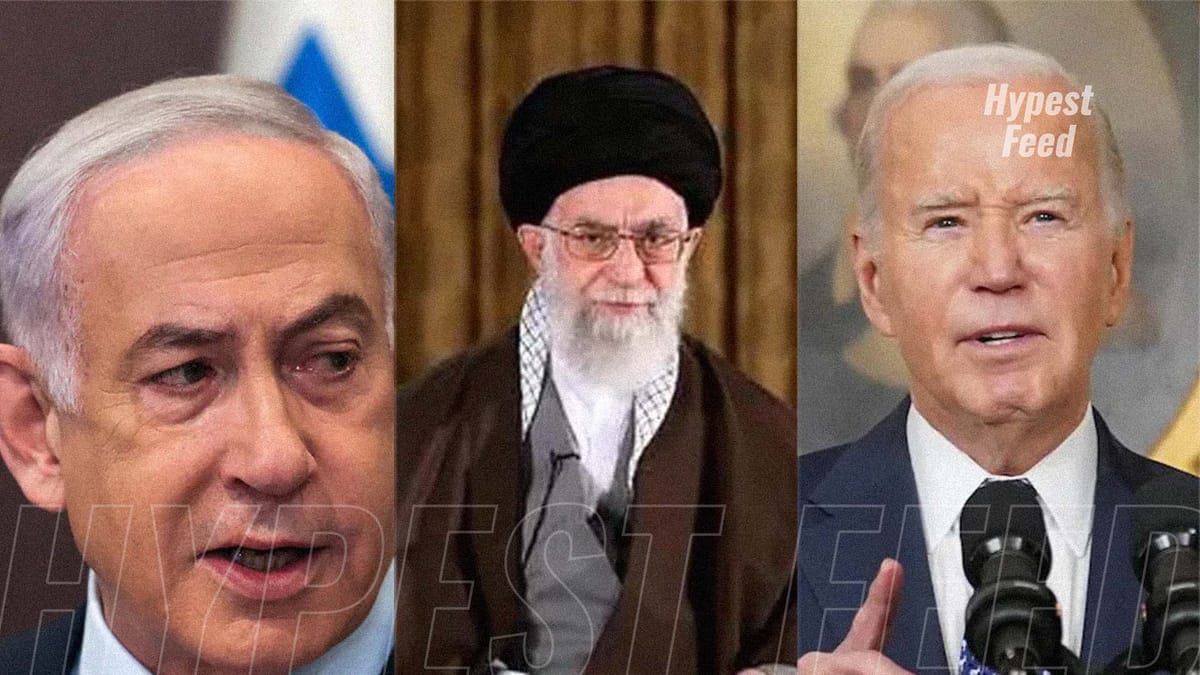Following Iran's thwarted attack on Israel, attention shifts to Prime Minister Benjamin Netanyahu's potential response. While Israel's defenses and regional allies managed to repel the assault, experts emphasize Israel's obligation to retaliate against Iran's aggression. Amidst calls for restraint from the Biden administration to prevent further escalation, speculation arises about Israel's next move.
Behnam Ben Taleblu, a senior fellow at FDD, suggests that Israel may consider targeting Iran's nuclear program, a possibility that has long been a subject of planning. Reports indicate potential strikes using F-35 stealth fighter jets to neutralize air defenses and target nuclear facilities across Iran. However, Israel would likely seek U.S. support for such actions.
Jonathan Conricus, a former IDF spokesman, emphasizes that military strikes are not the sole option, suggesting that Israel may pursue various strategies in response to Iran's provocations. As tensions persist in the region, the world watches closely to see how Israel navigates this critical juncture.
In a recent statement, Israeli forces announced airstrikes targeting Hezbollah's Radwan Forces' military structures in Jbaa, southern Lebanon, and earlier strikes in Khiam and Kfarkela. Reports from the Jerusalem Post speculate on potential Israeli military actions, including waves of F-35s and other fighter jets targeting Iranian nuclear facilities. While Israel has refrained from overtly attacking Iran's nuclear program in the past, experts debate the likelihood of such a response now.
Retired Gen. David Petraeus suggests Israel has various options, including asymmetric attacks and cyber operations, while diplomatic discussions among G7 countries explore coordinated responses. Behnam Ben Taleblu underscores the need for Israel to strategize for victory, whether through targeting regime leadership, military assets, or economic sectors vital to Iran. As tensions escalate, Israel's decision-making process remains under scrutiny, with potential ramifications for regional stability.



Member discussion: